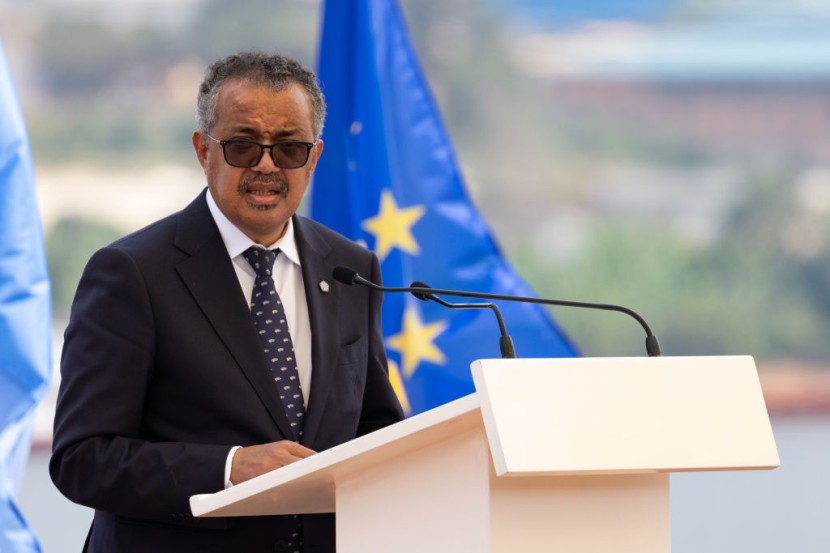
The World Health Organization (WHO) announced on Saturday that the monkeypox outbreak is not an international public health emergency as of current conditions, but it needs to be "closely monitored."
The WHO International Health Regulations (IHR) Emergency Committee conducted an emergency meeting Thursday to tackle the severity of the increasing monkeypox transmissions around the world.
In a statement, WHO Director-General Tedros Adhanom Ghebreyesus said the IHR advised him that at present, "the event does not constitute a Public Health Emergency of International Concern, which is the highest level of alert WHO can issue but recognized that the convening of the committee itself reflects the increasing concern about the international spread of monkeypox."
According to a news release of the United Nations' health agency, the IHR Committee recommends that the outbreak "should be closely monitored and reviewed after a few weeks" once data on the "current unknowns" becomes available to find out "if significant changes have occurred that may warrant a reconsideration of their advice."
The Committee stated any one or more of the following should cause a re-evaluation of the situation:
- Evidence of an increase in the rate of growth of cases reported in the next 21 days
- Occurrence of cases among sex workers;
- Evidence of significant spread to and within additional countries or significant increases in the number of cases and spread in endemic countries;
- An increase in the number of cases in vulnerable groups, such as immunosuppressed individuals, including those with poorly controlled HIV infection, pregnant women, and children;
- Evidence of increased severity in reported cases;
- Evidence of significant change in the viral genome associated with phenotypic changes;
- Evidence of cluster of cases associated with clades of greater virulence detected in countries outside West and Central Africa regions.
Nations Are Taking Monkeypox Seriously
Meanwhile, Dr. Panagis Galiatstatos, an assistant professor at Johns Hopkins' Division of Pulmonary & Critical Care Medicine, told Fortune that he agrees with the decision of the WHO, saying that it has "good emphasis on understanding what to do with cases" and on making vaccines accessible.
He also noted that the monkeypox outbreak "is not being undermined. it is at epidemic levels and countries are taking it seriously."
What Makes an International Public Health Emergency?
The WHO, per CNN, defines a public health emergency of international concern, or PHEIC, as an "extraordinary" occurrence that poses a "public health risk to other States through the international spread of disease" and "to potentially require a coordinated international response."
The IHR Committee, established in 2005 and involve 196 nations, established this classification. Their goal is to assist the international community in preventing and responding to public health threats that have the potential to spread across the world.
According to the US Centers for Disease Control and Prevention, the provisions are a "legally binding agreement" of 196 countries to create the capability to detect and report potential public health emergencies worldwide. IHR mandates that all countries have "the ability to detect, assess, report, and respond to public health events."
There are currently two worldwide public health emergencies: polio and COVID-19.
© 2025 HNGN, All rights reserved. Do not reproduce without permission.








